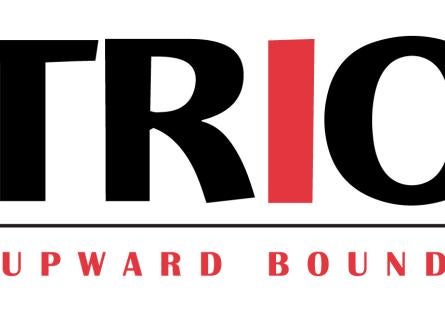
The U.S. Department of Education announced that South Mountain Community College will receive a federal Upward Bound grant of $1,488,005 to help more low-income students who would be the first members of their families to earn degrees prepare for and enroll in college. This is the fourth consecutive cycle that SMCC has earned Upward Bound funding, since the first award the college received in 2007.
One of the federal TRIO Programs, Upward Bound is an intensive intervention program that prepares students for higher education through various enrichment courses. At least two-thirds of the students in each local Upward Bound program are from low-income economic backgrounds and families in which neither parent has a bachelor's degree.
"The TRIO Upward Bound grant provides vital services to low-income first-generation students at the Academies at South Mountain and Central High School,” said SMCC’s program director Dr. Nicole Wetzel. “South Mountain Community College is proud to support underrepresented students on their journey to achieving their college degree.”
Campus-based Upward Bound programs provide students instruction in literature, composition, mathematics, science, and foreign language during the school year and the summer. Upward Bound also provides intensive mentoring and support for students as they prepare for college entrance exams and tackle admission applications, financial aid, and scholarship forms.
According to the U.S. Department of Education, 86% of Upward Bound participants enroll in postsecondary institutions immediately following high school graduation. In FY21, more than 70,000 students enrolled in 966 Upward Bound TRIO projects in the United States.
“South Mountain Community College is located in one of the most diverse areas of Maricopa County, and is positioned perfectly to continue to help students thrive,” said SMCC president Dr. Shari Olson. “I am so proud of the work our department has done to help hundreds of at-risk students succeed, and reach their educational goals.”
In 1964, the Economic Opportunity Act established Upward Bound as a pilot program in response to the War on Poverty. It was the first of seven federal “TRIO” programs to later be authorized by the Higher Education Act to help college students succeed in higher education. It recognizes that students whose parents do not have a college degree have more difficulties navigating the complexity of decisions that college requires for success, bolsters students from low-income families who have not had the academic opportunities that their college peers have had and helps remove obstacles preventing students from thriving academically.
“As systemic inequality and financial hardship discourage students from succeeding in college, TRIO programs like Upward Bound take on new importance because they continue to help students who are low-income and first-generation to earn college degrees,” said Maureen Hoyler, president of the non-profit Council for Opportunity in Education (COE) in Washington, D.C. COE is dedicated to furthering the expansion of college opportunities for low-income, first-generation students, and students with disabilities nationwide.
As of 2021, more than 3,000 TRIO projects serve approximately 855,000 participants yearly. TRIO projects are in every state and territory in the nation.